Celebrating MPA Day 2025
- IAmWaterFoundation

- Aug 7, 2025
- 4 min read
Updated: Aug 21, 2025
Reflections on a day of learning, collaboration, and coastal connection.
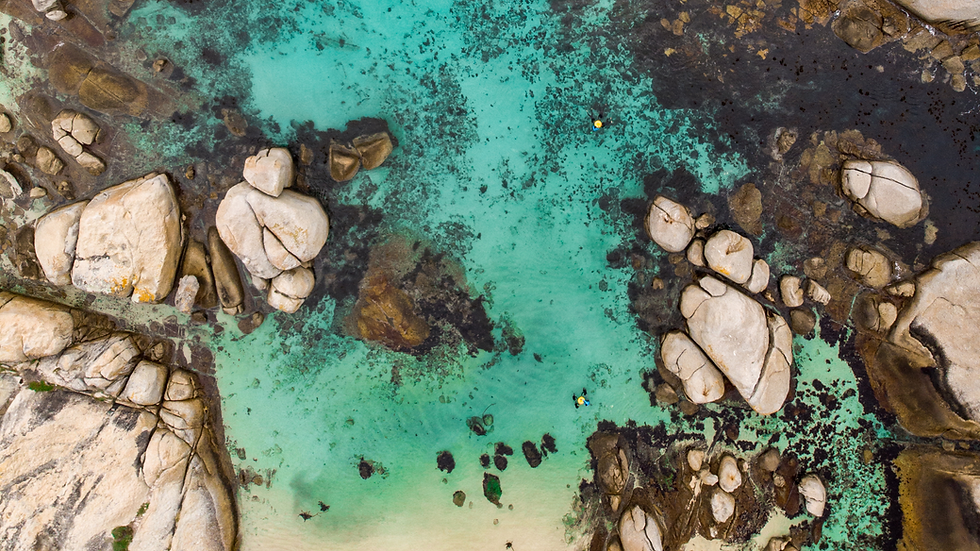
On 1 August 2025, we joined with ocean lovers, educators, and conservationists around the world to celebrate Marine Protected Areas (MPA) Day, a day born in South Africa and now recognised internationally. This year’s theme, “Ocean protection needs human connection,” deeply aligned with our work at I AM WATER. It speaks to the belief that conservation is not just about science or policy, it’s also about people. When individuals feel a genuine connection to the ocean, through learning, experience, or presence, they’re far more likely to become its stewards.
What Are MPAs and Why Do They Matter?
Marine Protected Areas (MPAs) are designated ocean zones where human activities are regulated to varying degrees in order to protect biodiversity, sustain fisheries, and support ecosystem health. Their primary goal is conservation, but their impact reaches far beyond.
MPAs function as safe havens for marine species, allowing ecosystems to recover from overfishing, habitat destruction, and other human pressures.
Scientific studies consistently show that well-managed MPAs lead to increased fish biomass, species diversity, and ecosystem resilience. For instance, fish populations inside effective MPAs can be five to ten times greater than in surrounding unprotected waters. This abundance often spills over into adjacent areas, benefitting both nature and people.
They also play a critical role in climate regulation. Healthy ocean habitats like seagrass beds, mangroves, and kelp forests store significant amounts of carbon, referred to as “blue carbon.” By safeguarding these habitats, MPAs help mitigate climate change impact.
From a human perspective, MPAs contribute to:
Food security, by protecting breeding and nursery grounds for fish.
Livelihoods, particularly in coastal communities reliant on sustainable fishing and ecotourism.
Cultural and spiritual connection, as many coastal and Indigenous communities have longstanding relationships with the sea.
However, for MPAs to be truly effective, human connection and stewardship are essential. Protection on paper doesn’t guarantee protection in practice which is where education, access, and inclusive engagement come in. And that is exactly what we sought to nurture this MPA Day.
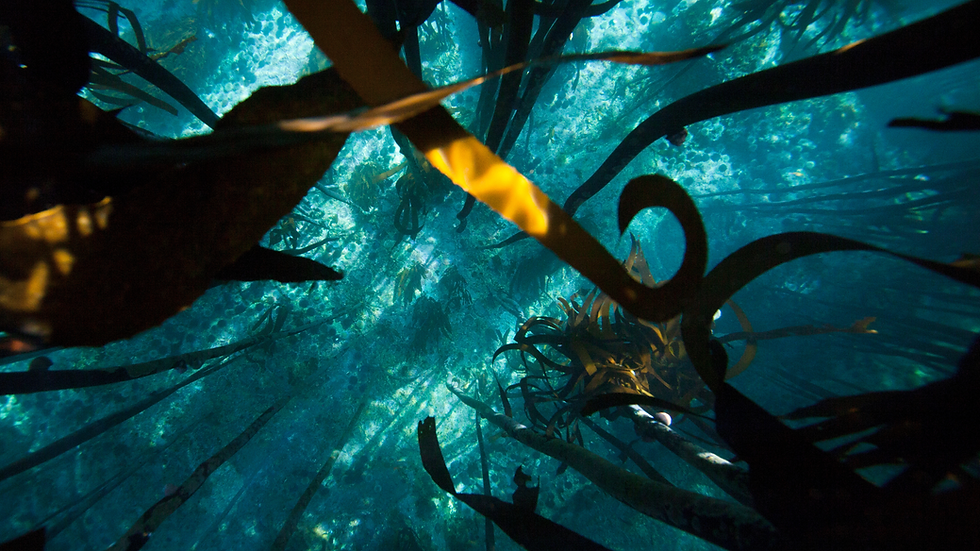
Our Collaborations & Celebrations This Year
De Duine Primary School Talk with Ocean Pledge
In collaboration with Ocean Pledge, we spoke to over 700 learners at De Duine Primary School about the vital role of Marine Protected Areas. We explored ocean health, marine life, and how human actions ripple into the sea.
The learners were enthusiastic and engaged, bringing a genuine curiosity to the conversation about our oceans and the role we all play in protecting them.
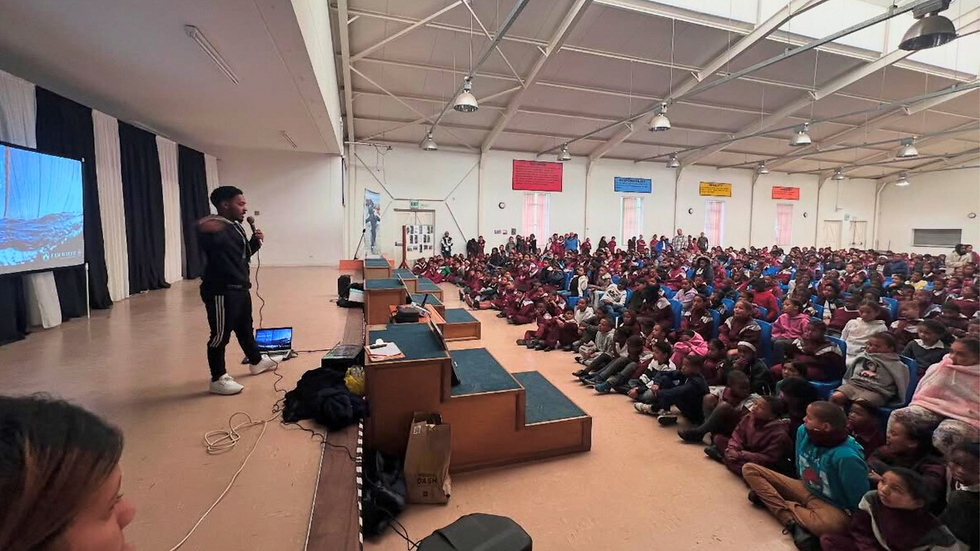
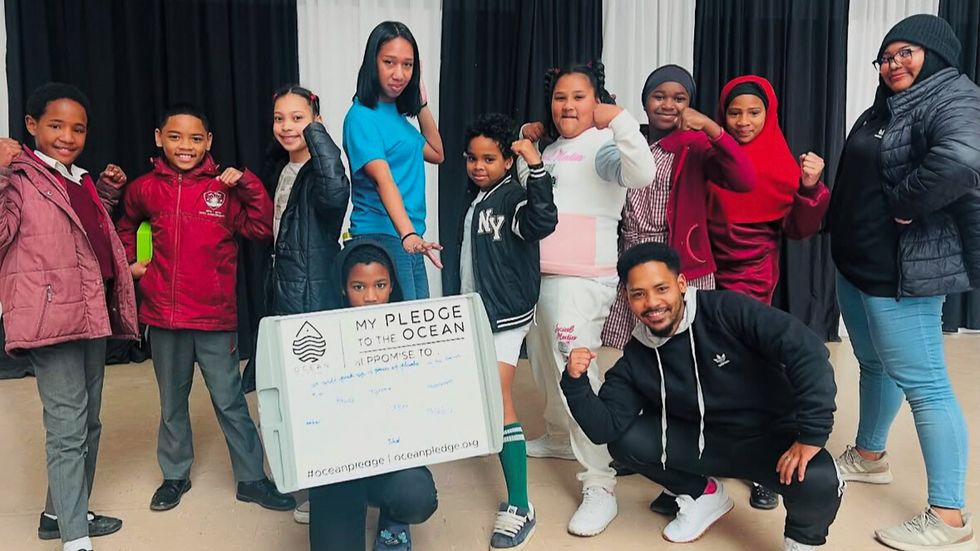
Ocean Guardians Workshop with CapeNature & Dyer Island Conservation Trust
We then partnered with CapeNature and the Dyer Island Conservation Trust to host an Ocean Guardians workshop for 16 children from the DEEP programme (Dyer Island Environmental Education Project). Taking place at the Marine Pool in Hermanus, the workshop involved breathwork, snorkeling, and ocean literacy activities, all centered around the nearby Walker Bay seasonal MPA, which falls within the Cape Whale Coast Hope Spot - a designation by Mission Blue in 2014, in collaboration with local conservation partners.
This experience introduced the children to the rich marine life of their coastline, and aimed to foster not only awareness, but also a growing sense of belonging within, and responsibility for our ocean.
Follow the link to watch the highlight video of this special day in collaboration with Dyer Island Conservation Trust and CapeNature: https://www.instagram.com/p/DMz6oWauQ3y/

Rocky Shore Excursion with Two Oceans Aquarium
We also supported the Two Oceans Aquarium during their rocky shores excursion at Dalebrook tidal pool, helping bring marine ecology to life for learners exploring tide pools and shoreline ecosystems. By engaging directly with the textures, smells, and sounds of the intertidal zone, children are given an entry into learning about the wonders of the ocean in an immersive way.

The Global Growth of MPA Day
Since its launch in 2021, Marine Protected Areas Day has grown from a national awareness campaign into a globally recognised event, endorsed by the UN Decade of Ocean Science. It was inspired by the milestone gazetting of 20 new or expanded MPAs in South Africa in 2019, marking a major step forward for ocean conservation in the country.
Now, each year on 1 August, organisations, educators, ocean advocates and communities come together to amplify the message that MPAs are not only necessary, but worth celebrating. From Hope Spots across the globe to community activations here at home, MPA Day continues to spark conversation, education, and connection on a growing scale.
How You Can Support Marine Protected Areas
Learn about your local MPA or the nearest one to you. Know what it protects and how.
Reduce ocean pollution: use less single-use plastic, dispose of waste responsibly, and choose reef-safe products.
Engage respectfully with marine spaces: follow guidelines when visiting MPAs and share ocean-friendly practices.
Advocate and share: Talk about MPAs on social media, in your school, or at your workplace. Awareness and understanding fuels action. For the avid travellers, you can also explore how sustainable tourism practices can help to protect coastal and marine destinations in Original Travel's article here: https://www.originaltravel.co.uk/tourism-and-ocean-sustainability-facts
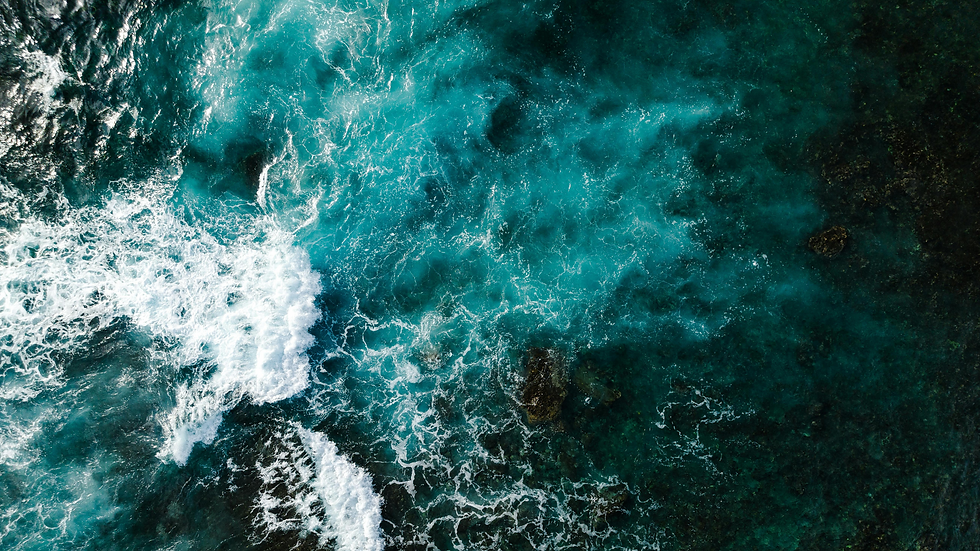
Protecting What We Love
At I AM WATER, we feel that connection is the gateway to conservation. The more we learn, feel, and experience the ocean, the more we are moved to protect it, and this MPA Day was a celebration of that very principle.
To our partners, collaborators, and all the children who brought their open minds and hearts to this day - thank you. The ocean needs you. And we’re honoured to be on this journey of protection and connection, together.


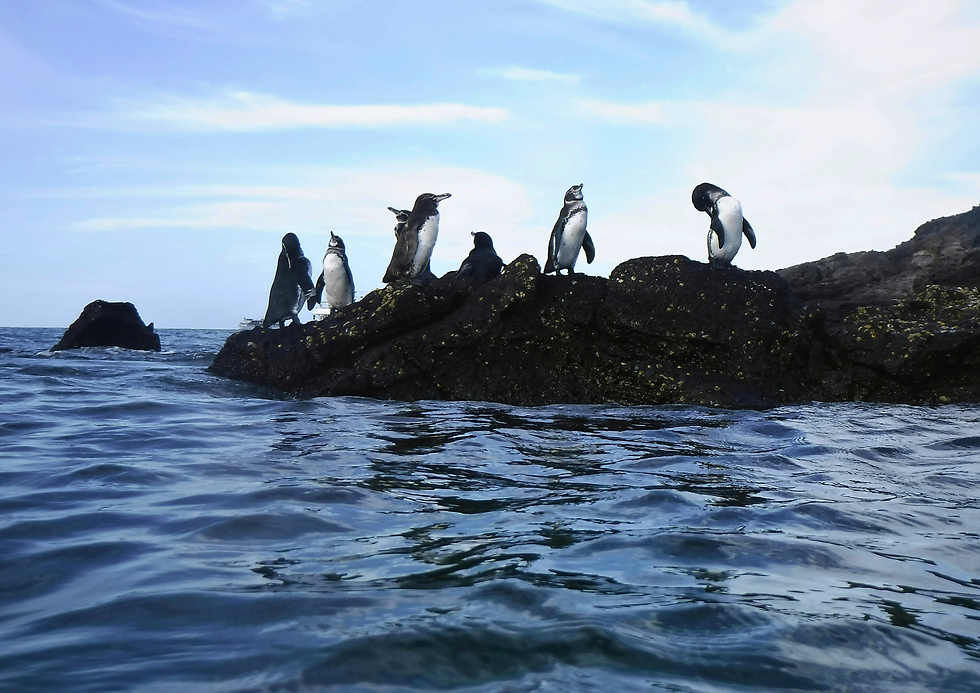
Comments